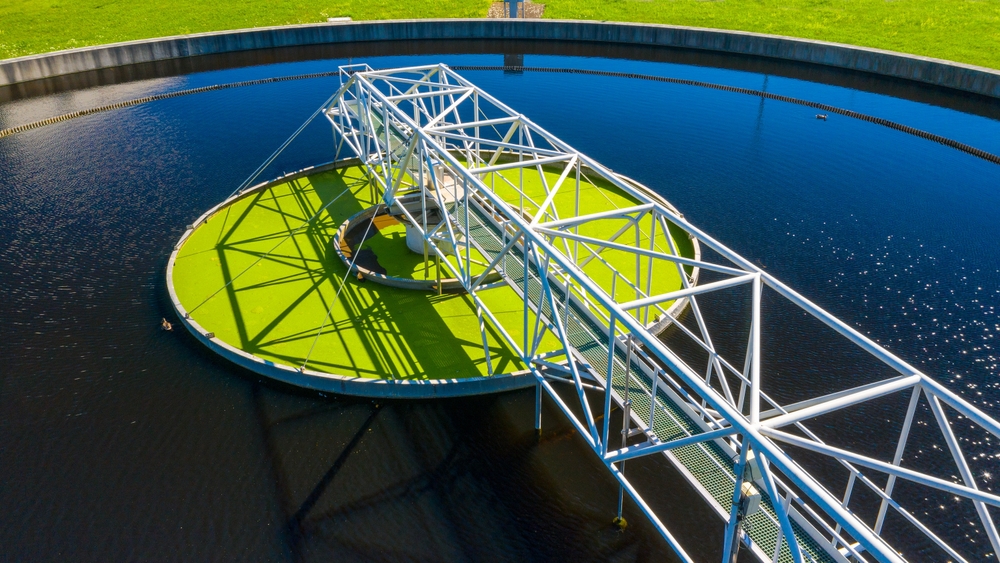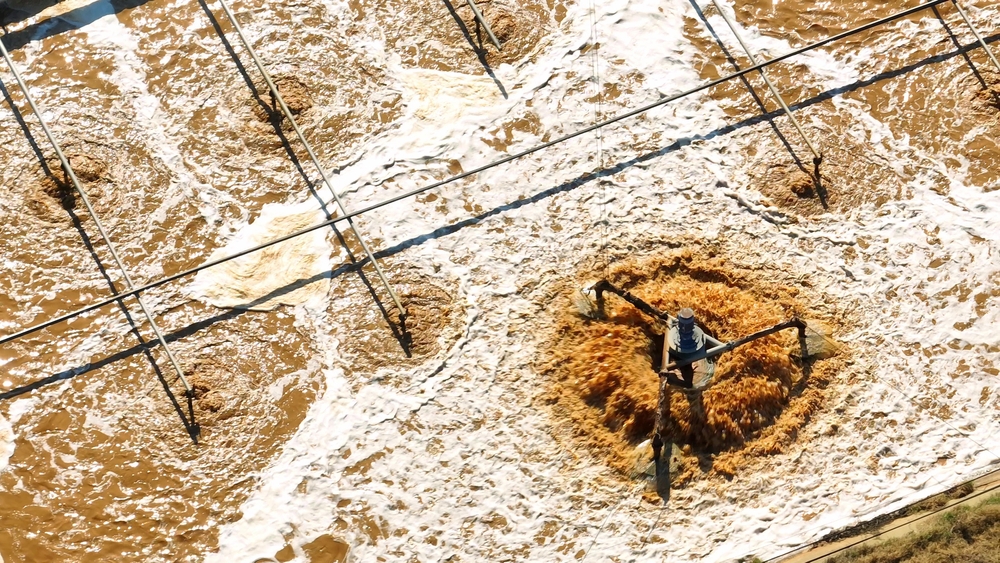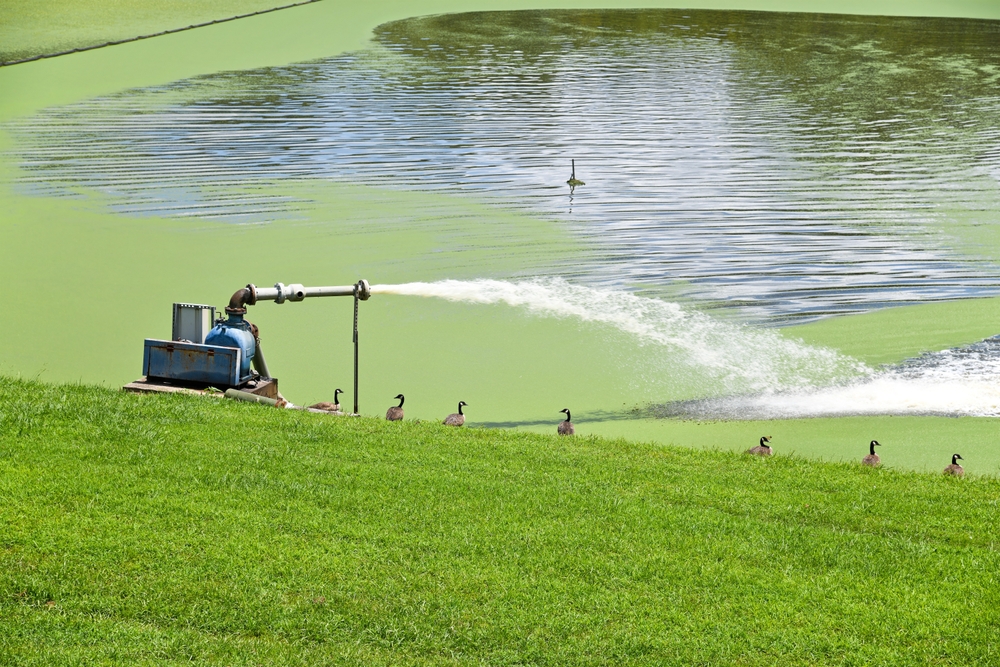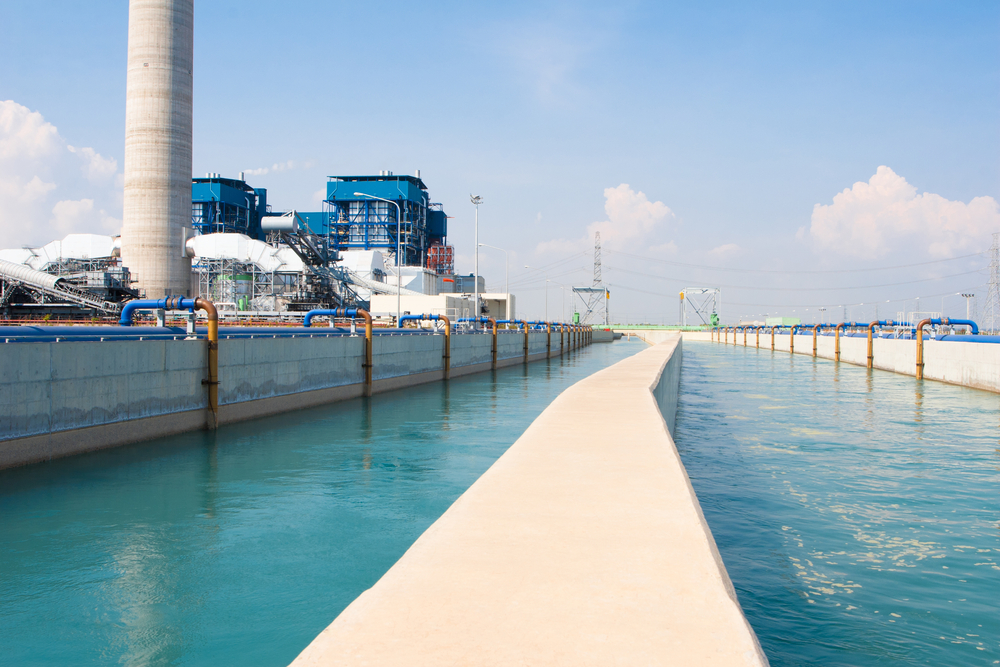

This course is important for understanding several water treatment processes. One will be able to acquire basic information about ideas, methods and technologies of water treatment which help to provide an adequate and safe water for industrial, municipal and environmental purposes.
| City | Start Date | End Date | Fees | Register | Enquire | Download |
|---|---|---|---|---|---|---|
| Cairo | 30-06-2025 | 04-07-2025 | 3950 $ | Register | Enquire | |
| Amsterdam | 07-07-2025 | 11-07-2025 | 6200 $ | Register | Enquire | |
| Sharm El Sheikh | 14-07-2025 | 18-07-2025 | 3950 $ | Register | Enquire | |
| Singapore | 21-07-2025 | 25-07-2025 | 5500 $ | Register | Enquire | |
| Sharm El Sheikh | 04-08-2025 | 08-08-2025 | 3950 $ | Register | Enquire | |
| Madrid | 11-08-2025 | 15-08-2025 | 6200 $ | Register | Enquire | |
| London | 18-08-2025 | 22-08-2025 | 6200 $ | Register | Enquire | |
| Milan | 25-08-2025 | 29-08-2025 | 6200 $ | Register | Enquire | |
| Kuala Lumpur | 01-09-2025 | 05-09-2025 | 4950 $ | Register | Enquire | |
| Dubai | 08-09-2025 | 12-09-2025 | 4300 $ | Register | Enquire | |
| Madrid | 15-09-2025 | 19-09-2025 | 6200 $ | Register | Enquire | |
| Casablanca | 22-09-2025 | 26-09-2025 | 4950 $ | Register | Enquire | |
| Amman | 29-09-2025 | 03-10-2025 | 3950 $ | Register | Enquire | |
| Amsterdam | 06-10-2025 | 10-10-2025 | 6200 $ | Register | Enquire | |
| London | 13-10-2025 | 17-10-2025 | 6200 $ | Register | Enquire | |
| Bali | 20-10-2025 | 24-10-2025 | 4950 $ | Register | Enquire | |
| Paris | 27-10-2025 | 31-10-2025 | 6200 $ | Register | Enquire | |
| Madrid | 03-11-2025 | 07-11-2025 | 6200 $ | Register | Enquire | |
| Casablanca | 10-11-2025 | 14-11-2025 | 4950 $ | Register | Enquire | |
| Vienna | 24-11-2025 | 28-11-2025 | 6200 $ | Register | Enquire | |
| Manama | 01-12-2025 | 05-12-2025 | 4400 $ | Register | Enquire | |
| Paris | 08-12-2025 | 12-12-2025 | 6200 $ | Register | Enquire | |
| Casablanca | 15-12-2025 | 19-12-2025 | 4950 $ | Register | Enquire | |
| Amsterdam | 22-12-2025 | 26-12-2025 | 6200 $ | Register | Enquire |
Water is essential for both daily life and industrial processes, making its treatment crucial. Billions are spent annually on water treatment, and this course on water management systems will guide participants in analyzing specific cases to choose appropriate water treatment methods or, in some cases, determine when treatment is unnecessary. Understanding the process is vital to balancing health, safety, and financial considerations effectively.
Achieving these goals requires careful planning and implementation. While legal regulations often mandate water treatment, optimization of processes can reduce costs and enhance quality of life.
At the end of this water treatment course, participants will be able to:
Unit 1: Water Quality – Water Chemistry, Microbiology, and Physical Properties
Unit 2: Introduction to Water Treatment
Unit 3: Wastewater Treatment
Unit 4: Boiler Water Treatment and Steam Generation
Unit 5: Cooling Water Treatment and Evaporative Cooling Systems



















